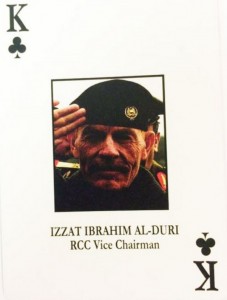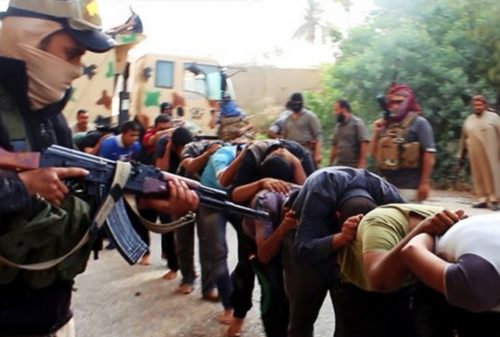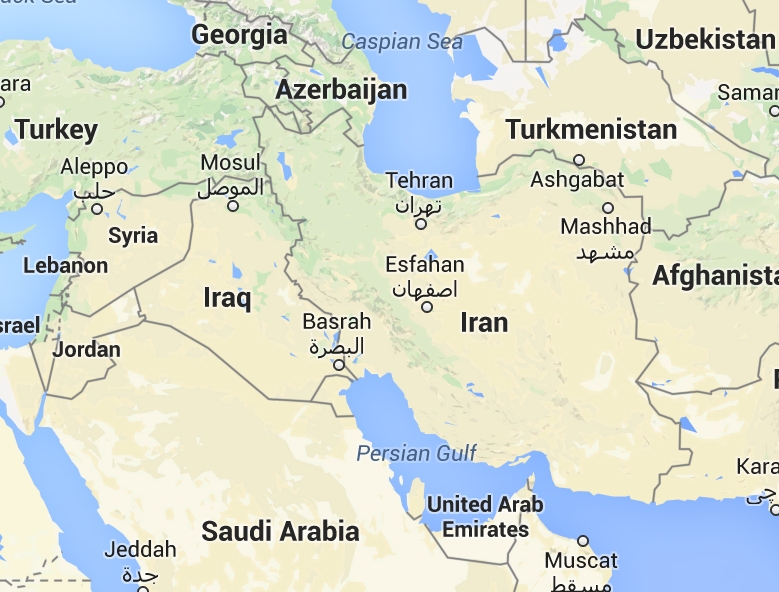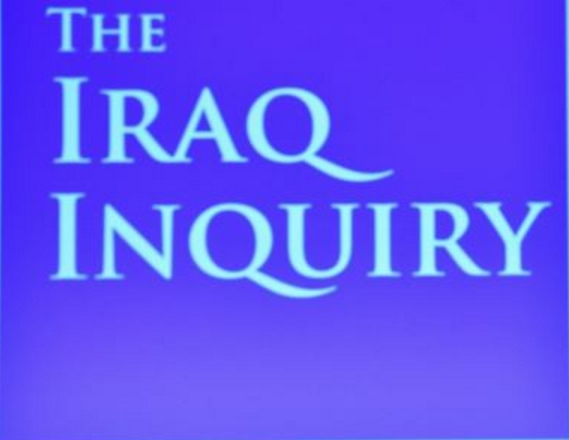
CAIRO—After 12 years on the run as Iraq’s most wanted man, Izzat Ibrahim al-Douri, Saddam Hussein’s former deputy, was killed, according to top Iraqi officials. Al-Douri is the last top-ranking former Ba’athist leader on the U.S. deck of cards who had not been captured.
The veteran Saddam Hussein loyalist, known for his bitter and biting criticism of the U.S., and his trademark shock of red hair, was killed in fighting, according to top Iraqi officials.
Ra’ed Jabouri, governor of Salahedin province, told Iraqi state TV that it was “almost certain” that Douri was dead and that his body was being taken to Baghdad for DNA testing. Jabouri insists that the killing will have positive effects on the ongoing conflict in Iraq.
He says that the killing of Douri is a great victory for all Iraqis and will have favorable consequences on military operations (against Islamic State militants). He claims that Douri is one of the pillars of the Islamic State group.
Khodeir al-Murshadi, a member of the outlawed Ba’ath Party, told al-Arabiya TV that the alleged photo of Douri, next to another dead fighter, was “a fake.” That claim was refuted, however, by former Iraqi Intelligence Chief Wafiq Samarai who insisted that he knew Douri and recognized him as the dead man in the photo.
Samarai went on to accuse top Iraqi politicians, whom he refused to name, of protecting Douri in order to bring about the dissolution of the Iraqi state. Iraqi media reported that Douri was killed by an attack on a three-vehicle convoy near Hamreen Mountain in the Kurdish region of northern Iraq.
Nadim Shehadi, who heads the Fares Center at the Tuft’s University Fletcher School of Diplomacy, tells VOA that many former Ba’athist officers, including Douri, along with Sunni tribes which felt cheated by political events of recent years, are key elements of the Islamic State group.
“The real military force inside [Islamic State] is composed of former Ba’athist officers and some of the tribes that were disenfranchised and unhappy with the way the Americans left and with the way the [former] Maliki government was behaving. Izzat Ibrahim al-Douri was one of the principal people within that context,” said Shehadi.
Shehadi argues that the “fight against Islamic State cannot yield any results” given the way it is going now, “so the solution will have to come from a political negotiation.” He insists that “someone must represent the former Ba’athists in that negotiation,” so the effects of Douri’s demise will depend on whether someone with sufficient clout to negotiate will replace him.







